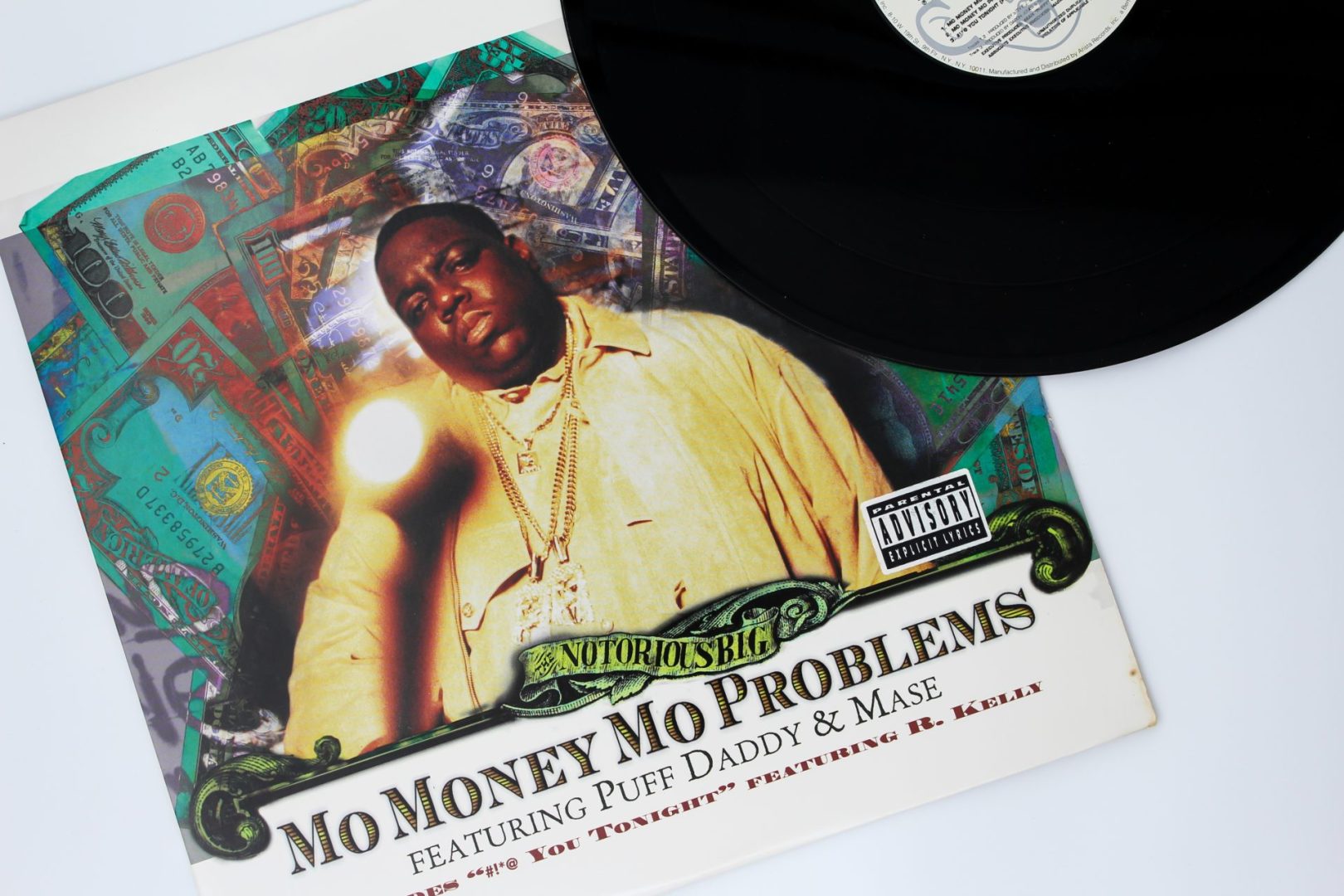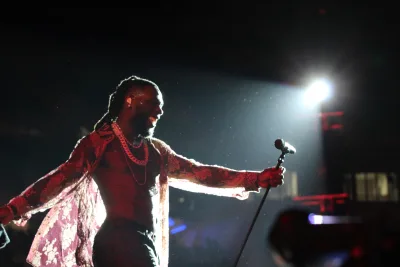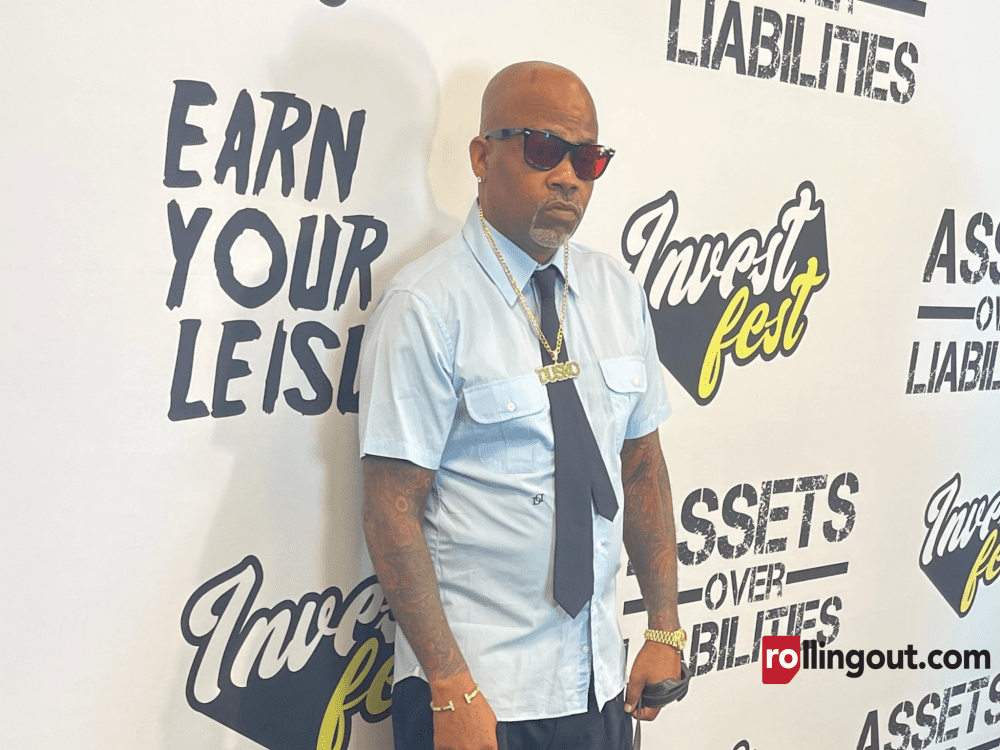The legacy of The Notorious B.I.G., one of hip-hop’s most iconic figures, continues to resonate deeply within the music industry and beyond. Recently, the estate of the late rapper, along with renowned photographer Barron Claiborne, has initiated a lawsuit against major retailers Target and Home Depot. The lawsuit centers around the unauthorized sale of prints featuring Claiborne’s famous photograph of Biggie, known as “The King of New York.”
Background of the lawsuit
The lawsuit alleges that both Target and Home Depot have profited from using the image of The Notorious B.I.G. without obtaining the necessary permissions. This particular photograph, taken just days before Biggie’s untimely death in 1997, captures him wearing a $6 plastic crown, a symbol of his reign in the hip-hop world. In a testament to its cultural significance, this iconic image was sold for an astounding $595,000 at a Sotheby’s auction in 2020.
Claims of exploitation
The legal complaint filed by the estate asserts that the defendants have exploited Biggie’s persona, name, image, and likeness for financial gain without authorization. The lawsuit states, “Defendants used Mr. Wallace’s persona, name, image, and likeness … without authorization,” highlighting the ethical and legal implications of profiting from a deceased artist’s likeness.
Involvement of iCanvas
In addition to Target and Home Depot, the lawsuit also mentions iCanvas, a company that has been using Biggie’s image without permission since 2015. While iCanvas has removed some infringing products in 2023, the estate claims that several unauthorized items remain available for sale. The complaint emphasizes that the defendants specifically chose to use Mr. Wallace’s persona to capitalize on his fame and the extraordinary financial value associated with it.
The importance of protecting artistic legacy
This legal action underscores a critical issue in the realm of intellectual property rights, particularly concerning the estates of deceased artists. The Notorious B.I.G., born Christopher Wallace, has left an indelible mark on hip-hop culture, and his image continues to be a powerful symbol of artistic expression. The estate’s efforts to protect his likeness reflect a broader movement to ensure that artists and their families retain control over their legacies.
Impact on the retail industry
The outcome of this lawsuit could have significant implications for how retailers and companies utilize the images and likenesses of artists, especially those who have passed away. It raises questions about the ethical responsibilities of corporations when it comes to honoring the legacies of cultural icons. As the lawsuit progresses, it will be interesting to see how it influences industry practices and the protection of artistic rights.














